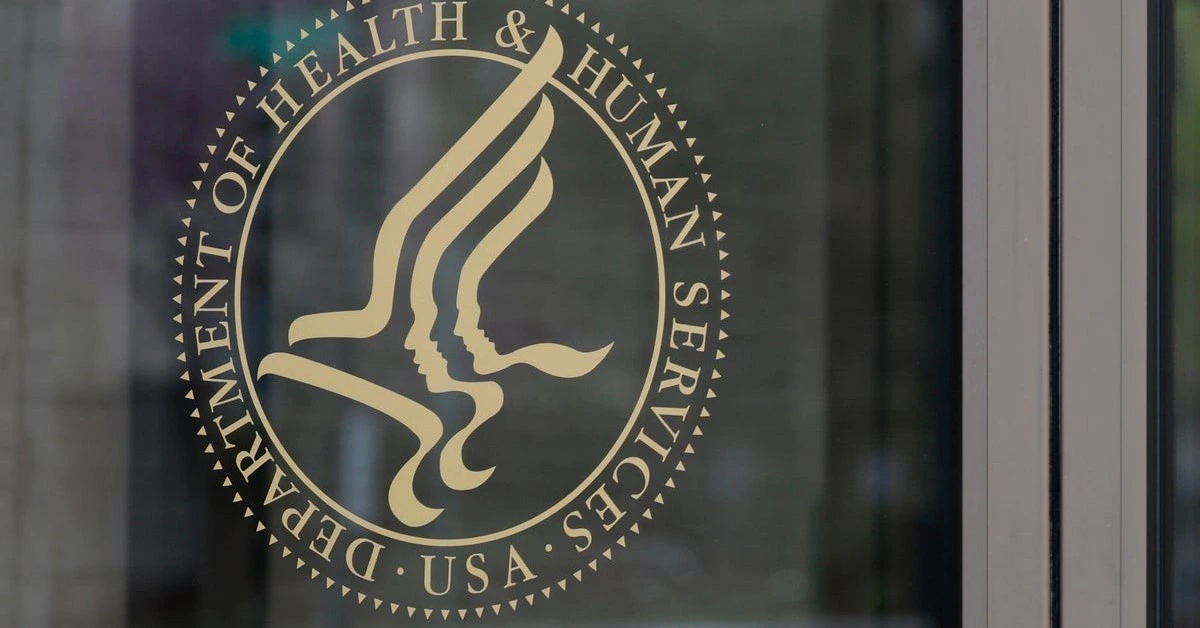
USA – The U.S. Department of Health and Human Services (HHS) has announced a significant investment of US $500 million into the development of universal vaccines aimed at providing broad protection against multiple strains of viruses, including influenza and coronaviruses.
This initiative, termed “Generation Gold Standard,” represents a strategic pivot from previous COVID-19-specific projects to a broader focus on pandemic preparedness.
Spearheaded by Dr. Matthew Memoli and Dr. Jeffery Taubenberger, recently appointed senior scientists at the National Institutes of Health (NIH), the project emphasizes the use of chemically inactivated whole viruses—a traditional vaccine approach.
This method aims to elicit a more comprehensive immune response, potentially offering protection against a wider array of virus variants.
The initiative includes the development of BPL-1357, a universal flu vaccine candidate comprising four types of inactivated flu viruses.
Early-phase clinical trials have indicated that BPL-1357 is safe, with mild side effects such as fever and injection site pain. Further trials are planned to assess its efficacy in broader populations.
Health and Human Services Secretary Robert F. Kennedy Jr. has mandated that all new vaccines undergo placebo-controlled trials, a departure from previous practices.
This policy has raised ethical concerns, particularly regarding diseases with known effective vaccines, due to the implications of withholding proven treatments from control groups.
Concurrently, the NIH has faced criticism for cutting funding to over 40 research projects focused on vaccine hesitancy, even as the U.S. experiences a resurgence of measles cases.
Public health experts warn that these cuts could hinder efforts to understand and address the factors contributing to vaccine reluctance, potentially exacerbating public health challenges.
Further concerns have been raised about the NIH’s stance on mRNA vaccine research.
Reports indicate that NIH officials have advised scientists to remove references to mRNA technology from grant applications, signaling a potential deprioritization of this innovative field, which played a crucial role in the rapid development of COVID-19 vaccines.
XRP HEALTHCARE L.L.C | License Number: 2312867.01 | Dubai | © Copyright 2025 | All Rights Reserved